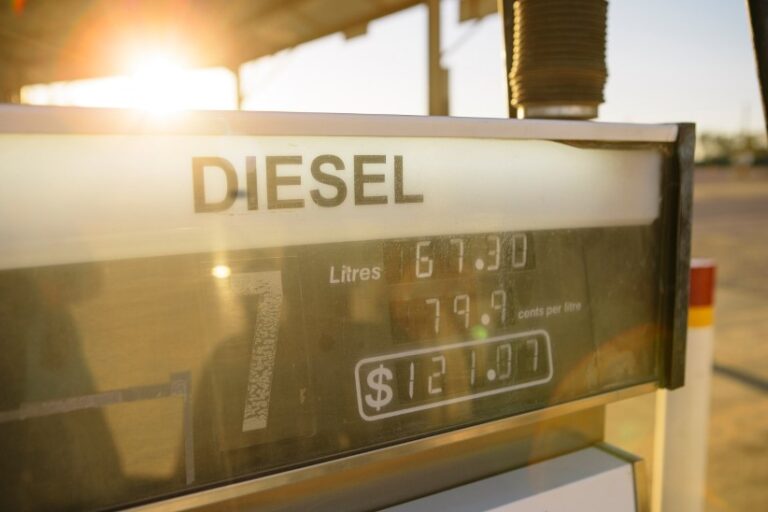– By Greg Newham, APAC Associate Director, Verizon Connect –
As the end of the financial year looms, businesses will be looking at every avenue to maximise their tax returns. One of these areas businesses may not be aware of are Fuel Tax Credits (FTCs). However, without the right information on vehicle movements it can be a tricky area. Get it wrong, and you could be making a significant financial error.
An FTC claim requires accurate geolocation information to track when vehicles drive off-road; for example, on large construction sites that are not traditionally covered by most SatNav systems. Without this data it can be difficult for businesses to claim FTCs accurately and confidently at tax time.
Not having sufficient geolocation data could result in over-claiming FTCs and being unable to verify the accurate kilometres for private road versus public road use. On the other hand, lack of data can lead to under-claiming and not getting the full FTC entitlements. Neither of these situations is desirable, but it is more common than you might think.
Research has identified that only 62% of Australian fleet businesses claim FTCs, and many are under-claiming, according to ACA Research. The research also revealed that 20% of businesses could be claiming FTCs but are missing out for various reasons.
The biggest challenges are directly related to the difficulty of keeping accurate data, 52% citing data accuracy and, verification challenges making FTC claims too hard. For 33%, regulation issues make it difficult to keep up with rates and regulations, or respondents simply do not want to deal with the ATO.
Finally, 42% of fleet businesses are unsure what information is needed to claim or are confused about what is classified as a private or public road, the ACA Research also found.
But for those businesses who can verify their fleet tracking data, the results pay dividends at tax time.
Two Australian businesses discovered a reliable way to calculate FTC claims across their fleets by feeding in accurate vehicle movement data using advanced tracking software.
Australian Road Services, which runs a fleet of trucks aligned to large infrastructure construction and roadwork companies, was claiming the minimum FTC like many companies. Once the business implemented Verizon Connect Reveal, the company was able to confidently claim more than the minimum FTC, giving at least $10,000 back to the business. The software also helped it backdate its fleet vehicle usage, multiplying this claim over four years.
Civil project services business Queensland Civil Group also didn’t have a reliable way to track off-road fuel consumption and was missing out on claiming the maximum credit. Reveal gave it full visibility over the vehicle routes to accurately calculate off-road fuel usage, saving the business around $10,000 a year on fuel tax credits.
With businesses facing complex data capture, validation, and reporting requirements, it’s no wonder they’re missing out on potentially tens of thousands of dollars. Given record keeping is the biggest obstacle in claiming FTCs, it’s no surprise many fleets are under-claiming.
For businesses looking to recoup every dollar, particularly following the challenging post-COVID business activity, there is no better time to look at simplifying record keeping and making it easier to accurately track public and off-road usage, improving FTC claims and the bottom line.







